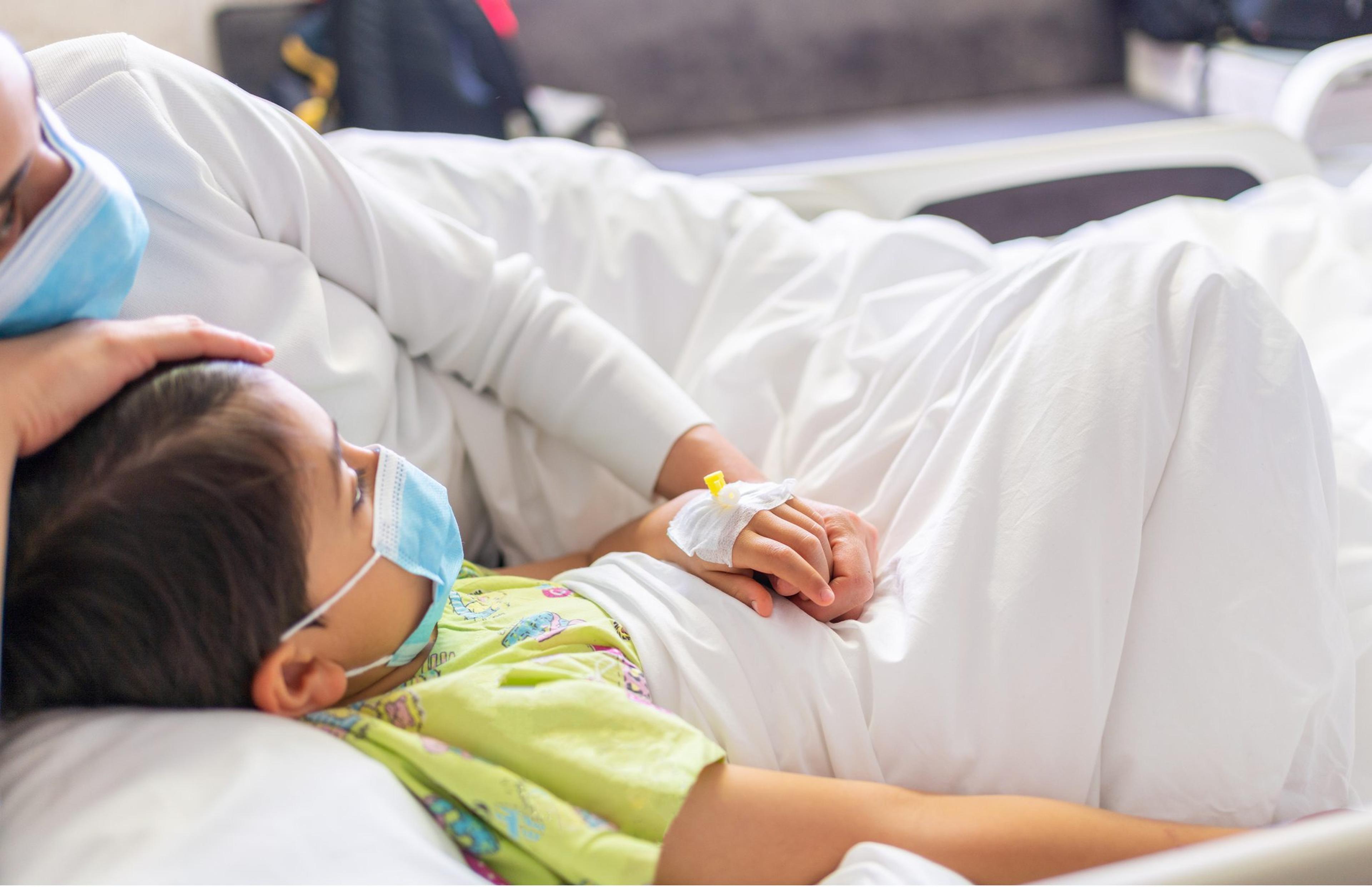How to Pack and Plan for Your Hospital Stay
Jake Newby
| 4 min read

Having a surgery or a procedure can be stressful. Here are some tips to help prepare you for your upcoming visit. Gather information the hospital may need Some hospitals may require you to take a pre-operative physical examination – either in person or by video or phone – before your procedure. If this assessment is carried out at the hospital, tests might include a COVID-19 test, urine tests, blood tests and a pregnancy test for women. The pre-op exam is to make sure you don’t have any medical issues that might require treatment or special care before or after your procedure. Pre-op exam or not, you will have forms to fill out and questions to answer upon arriving at the hospital, so be sure to have the following information with you:
- All over-the-counter prescriptions or medications you currently take
- Any vitamins and supplements you take
- Contact information for any other healthcare providers you are seeing
- Copies and results of past diagnostic reports, tests, or surgical reports
- Driver’s license or photo identification
- Family medical history
- Insurance, Medicare, or Medicaid card(s)
- List of current symptoms
- List of questions (Even if you think you’ll remember everything in the moment, it couldn’t help to jot a few questions down ahead of your stay. Sometimes, you can forget amid the stress of a major procedure.)
- Personal medical history data, including allergies and health conditions
Make a list of items to pack
- Address book with important phone numbers
- Cell phone and cell phone charger (if cell phones are allowed in your room)
- Clean socks and underwear
- Comfortable, loose-fitting pajamas or a nightdress
- Contact lenses, contact case, and contact solution
- Comb or hairbrush
- Day clothes
- Earbuds or headphones
- Earplugs and/or eye mask if you are a light sleeper
- Entertainment including laptop (with charger), books, magazines, mp3 players, etc.
- Eyeglasses
- Medications you currently take (They should be in their original container so your nurse can find them if you are unable to reach them.)
- Non-perishable healthy snacks
- Outfit to wear home
- Slippers with rubber soles
- Toiletries and skincare products
Coordinate assistance
Lock down a travel plan with a friend or relative multiple days in advance. In some cases, your hospital may arrange transportation for you.
Account for bills, deliveries, and responsibilities
Be sure your pet(s) are accounted for, whether that be hiring a dog or cat sitter or taking them to a friend or relative’s house before you leave. Have a payment plan in place for all upcoming physical and digital bills ahead of time, including scheduling payments online if necessary. This is especially important if you cannot have a cell phone with you in your hospital room or will be incapacitated for any length of time. If you are expecting subscriptions or deliveries of any kind at your home, notify a friend, relative or neighbor so they can protect the items for you until you return.
Take appropriate health measures
Be as healthy as you can be in the days and weeks leading up to your procedure. This includes being as active as possible depending on your condition or pending surgery, eating healthy, practicing good hygiene, and getting good sleep. Stop smoking if you are a smoker. Smoking can cause problems with breathing and anesthesia recovery. It is recommended that smokers quit at least eight weeks prior to a procedure. If you don’t have that much time, then quit as soon as possible.
Get an estimate
Blue Cross members can get estimates on the out-of-pocket costs of surgeries and procedures by utilizing the online cost estimator tool. Just log in to your Blue Cross member account and visit the “Doctors & Hospitals” tab. Then, click “Find care” and begin searching for doctors by specialty and name, places by name and type, and costs for procedures, all based on your personalized plan information. Keep reading:
- Empowering Grand Rapids Students to Care for their Mental Health
- The Importance of Kindness and Compassion at Work
- Agoraphobia Versus Pandemic Anxiety About Leaving the House
Photo credit: Getty Images





